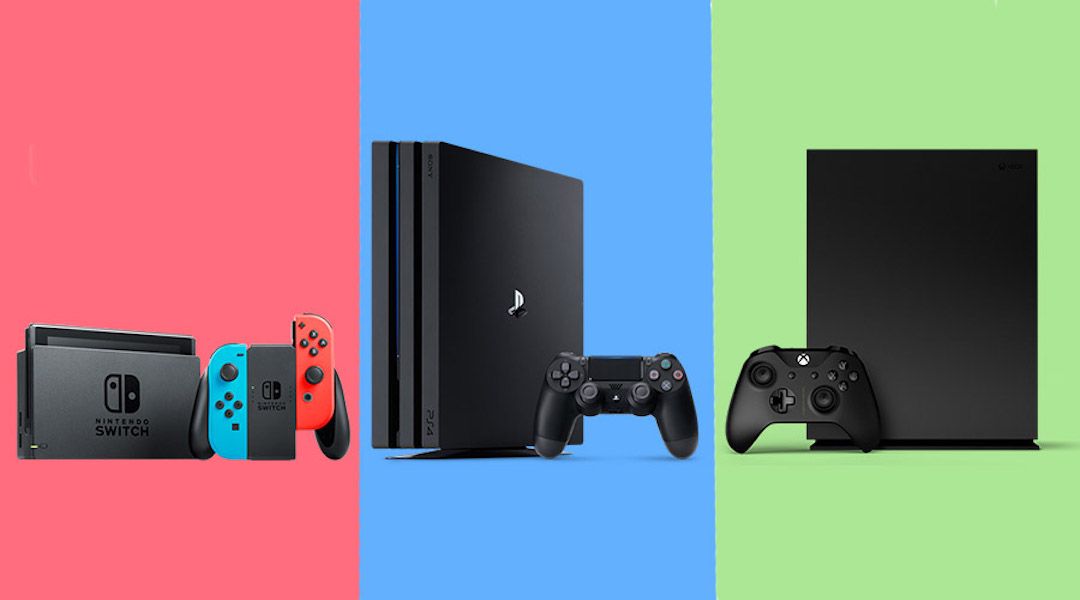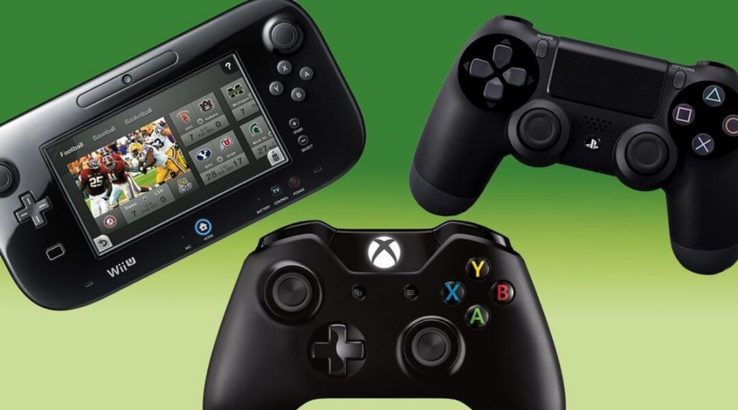In 2018, the World Health Organization plans on updating its International Classification of Diseases for the first time since 1990 by publishing the ICD-11. As it turns out, the ICD-11 will officially recognize excessive gaming as a mental health disorder, similarly to alcohol or substance abuse.
The wording of the gaming disorder as it will appear in the ICD-11 has yet to be finalized. However, we do know that one of the symptoms clinicians will be looking for to determine if gaming has become a serious health condition is if a patient's gaming "takes precedence over other life interests."
It's important to note that the vast majority of gamers would not be diagnosed with gaming disorder. To be diagnosed with gaming disorder, one's physical and mental health would need to be adversely affected by video gaming, to the point that they may even experience withdrawal symptoms if they go without video games for too long.
Still, some gamers may be upset that excessive and uncontrollable gaming will soon be classified as a mental health disorder. Those that champion video games as an art form may feel as though the classification cheapens the medium in some way, or that it may open the door for stricter government regulation when it comes to video gaming.
However, it seems unlikely that the gaming disorder classification will impact the industry very much. After all, few would argue against the notion that excessive and uncontrollable gaming can be a problem. There have been instances where people have lost jobs over their gaming habits, or have decided to play games at the expense of their own safety or the safety of others. There have been more than enough Pokemon GO-related car accidents to prove that point.
Furthermore, there have been cases where people have literally played games until they died. Just a few years ago, a Taiwanese man died after a three day gaming binge. It's clear that he wasn't just a hardcore gamer, but rather someone that had a serious gaming problem. Here's hoping the ICD-11's recognition of gaming disorder leads to better understanding of how people become addicted to video games, and how the disorder can be effectively treated.
Source: New Scientist (via MSN)


